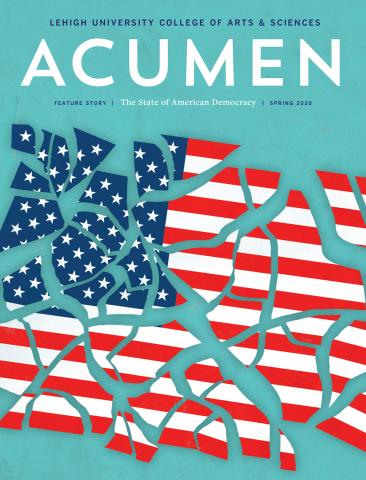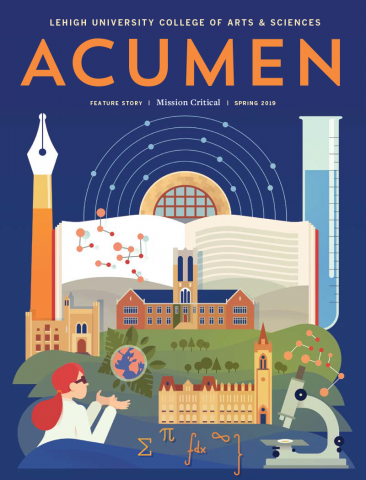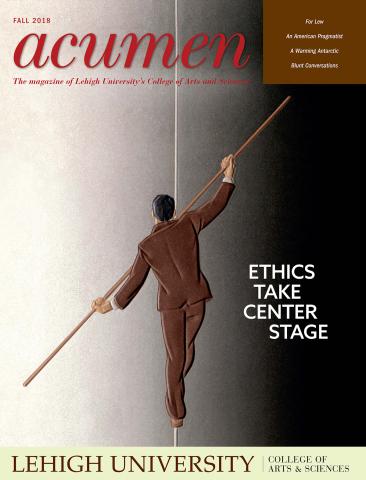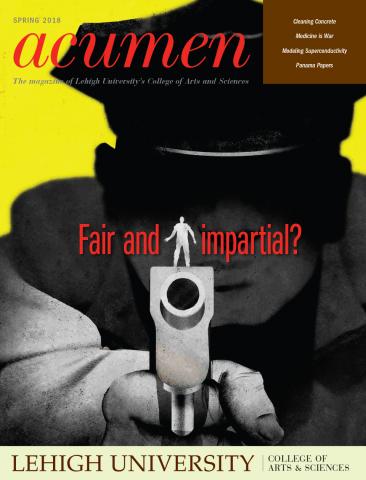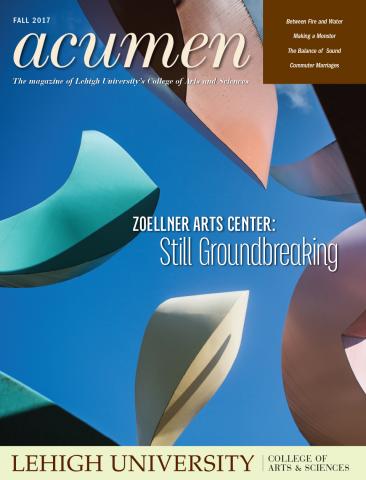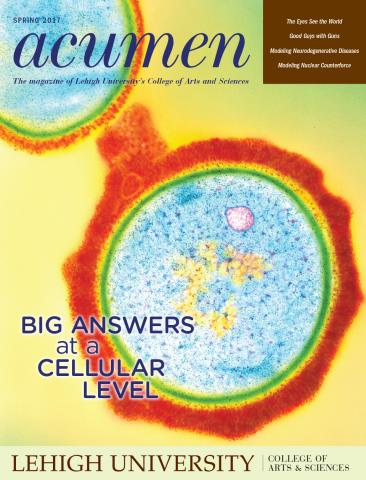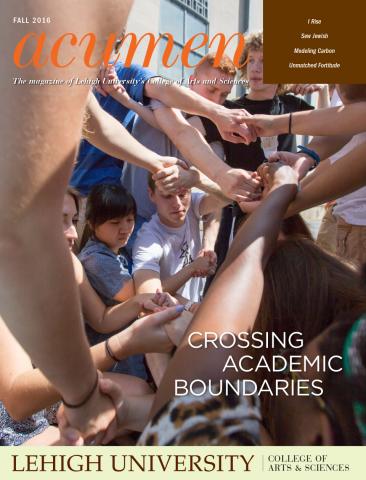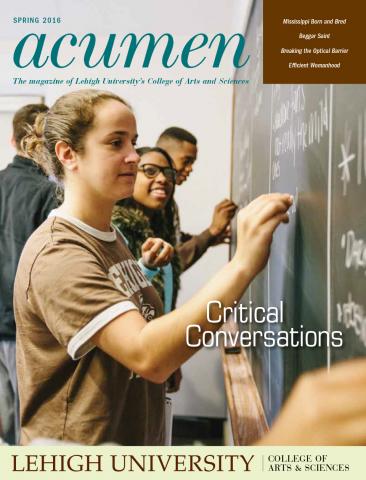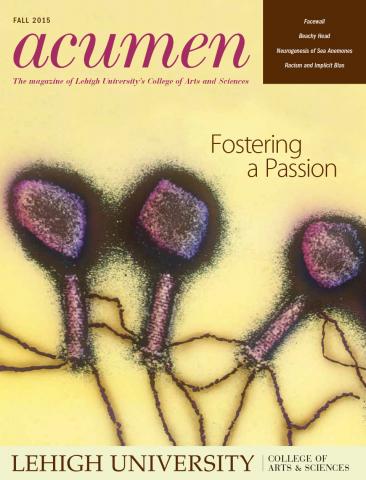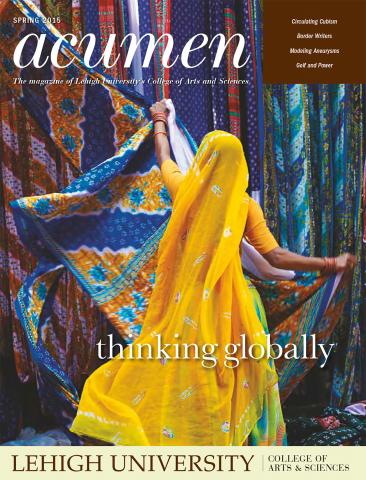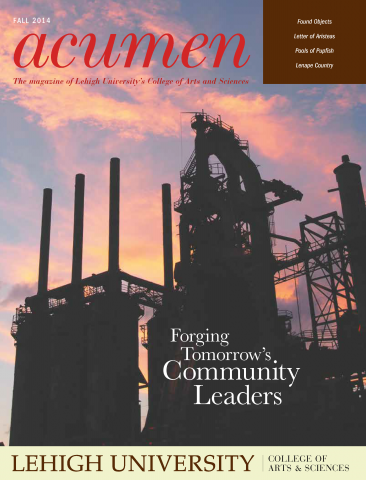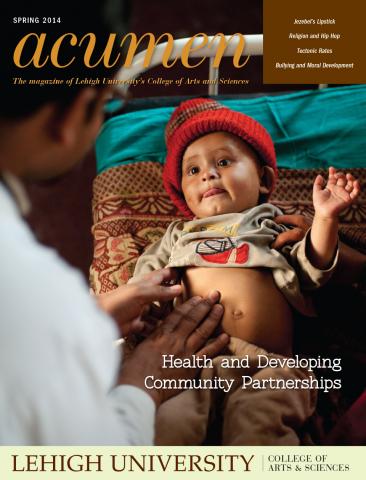
Art songs involve four elements: composer, poet, singer, and accompanist. Seems elemental, yet it was with some trepidation that Lehigh University music professor and composer Paul Salerni has boldly created a series of concerts featuring art songs.
“The Food of the Love” was the first of three art song recitals in September that constituted the first half of a year-long celebration in honor of the centennial of the Korean-American composer Earl Kim. “The Food of Love,” was performed September 8 in Baker Hall at the Zoellner Arts Center. Presented by the Lehigh University Very Modern Ensemble (LUVME), it featured celebrated Korean-American soprano Yunah Lee, internationally known for her signature role as Cio-Cio san in Puccini’s “Madama Butterfly,” and pianist Kyung-Eun Na, a Korean native who has toured internationally in recitals and has collaborated with soloists, as well as members, of the New York Philharmonic, Metropolitan Opera Orchestra, Los Angeles Opera Orchestra, and Seoul Philharmonic Orchestra.
“[Yunah] is a wonderful singer, says Salerni, who is also director of LUVME. “I got to know her because of Earl Kim. We were doing some of Earl’s music at a festival in Korea. She was the narrator and singer, and I got to know her and she started singing my music. She does this concert where half the music is my music, so it’s been this wonderful intimate relationship.”
“The Food of Love,” gets its title from the Duke Orsino’s quote in Shakespeare’s “Twelfth Night,” “If music be the food of love, play on.” Featured are songs by Rossini, Poulence, and Bernstein, a pair of Korean poems set to music, and a pair of Salerni’s own compositions. Food is not only a metaphor, but also the subject of several of the selections.
Bernstein’s 1948 “La Bonne Cuisine” is a suite of four recipes picked from Emile Dumont’s popular 1873 cookbook of the same name. Salerni’s “Regimen Sanitatis Salerni” is based on poems of advice for a healthy diet from a 1066 medical text, and his “The Korean Meal Table,” which received its world premiere, is a paean to Korean cuisine, with a text in Korean.
The Korean theme is a tribute to Kim’s heritage. It is purely coincidental that the two soloists happen to be Korean, and, according to Salerni, Kim never wrote anything in Korean, nor did he speak it. Yet that didn’t prevent Salerni, with assistance from both Lee and Na, from learning how to pronounce the text of the traditional Korean poems, and to compose his four-movement “Korean Meal Table” in Korean.
Kim, born in 1920 in California to immigrant Korean parents, and who died in 1998, was Salerni’s composition teacher in graduate school at Harvard. Salerni and his wife, Laura, became very close to Kim and his family, especially so while assisting him in mounting his evening-long concert piece “Narratives” from 1973 to 1978, and in workshopping and premiering Kim’s one-act opera “Footfalls” in 1983.
Kim’s influence on Salerni as a composer, and on Lehigh itself, has been considerable. Not only has Lehigh become an important venue for the performance of Kim’s work, but he received an honorary doctorate from Lehigh in 1994, and as a member of the Music Department Visiting Committee, was instrumental in convincing the university to build the Zoellner Arts Center. Examples of Kim’s music were also featured in February LUVME programs and on an East Winds concert in March.
The second September Art Song recital, “Something Permanent,” featured the Bowers/Fader Duo (mezzo soprano and guitar) performing all the music that Salerni has written for them in the last five years, music that will appear on a CD this year. Also featured on this program were Lehigh’s violin professor, Michael Jorgensen, and Paul’s percussionist, Miles Salerni. The third recital, “From Northern Climes,” was given by Met soprano Disella Làrusdottír, pianist Steven Beck, and violinist Michael Jorgensen. That concert featured Salerni’s setting of Seamus Heaney poems as well as music by Schubert, Schumann, Strauss, Grieg, and Sigurdsson. Ms. Làrusdottír returned in February to play the principal role in Earl Kim’s one-act opera “Footfalls.”



















